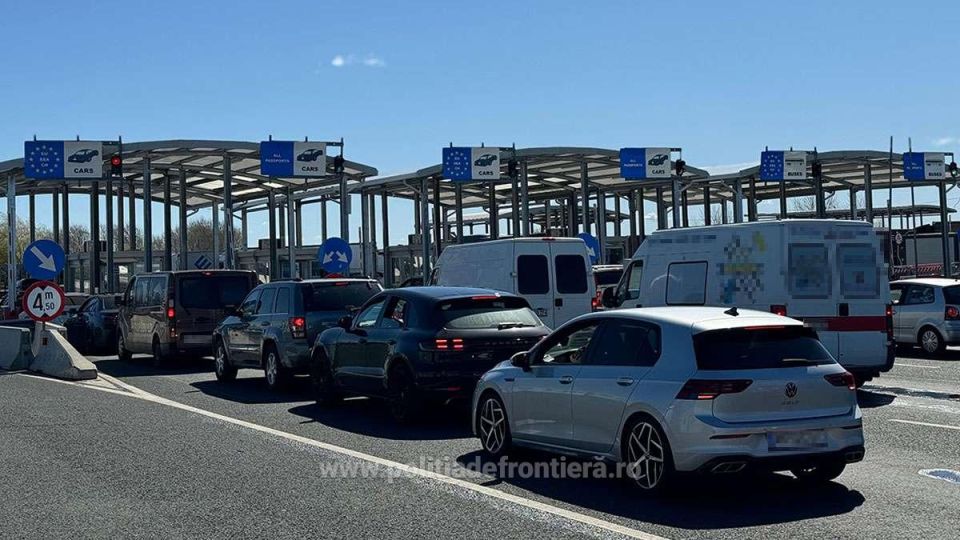EU ministers on diaspora policies meet in Bucharest
EU Ministers for the Diaspora met on Monday in Bucharest for the first gathering of its kind at EU level.

Leyla Cheamil, 19.03.2019, 13:08
A few million Romanians left the country after the anti-communist
revolution of 1989, some to study, others to work or settle down temporarily or
definitively abroad. Italy and Spain now host the largest communities of
Romanians, as many Romanian citizens came to these countries seeking better-paid
jobs. Other favourite destinations for Romanians were Germany, Great Britain,
Austria, France, Belgium, the Nordic countries and the United States. Arab
countries also present equally appealing opportunities for some Romanians. This
is why Romania chose Diaspora as a topic for debate during its presidency of the
Council of the European Union.
On Monday, Bucharest played host to a meeting of Ministers and State
Secretaries for Diaspora, the first such event organised by a country holding
the presidency of the Council of the EU. Representatives of 17 member states
looked at the ways by which European states establish economic and cultural
cooperation relations with the Diaspora, help support the linguistic and
cultural development of the Diaspora and create policies that have led to the
rapid integration of members of the Diaspora. Talks focused on the free
movement of labour, migration and integration, human trafficking and strategies
to support the process of returning to the countries of origin. In this context,
the Minister for Romanians Worldwide Natalia Intotero said the following:
We’ve had talks on the exchange of best practices, projects that
should help us continue to support the preservation of national identity by each
state among its Diaspora. I’ve noticed an interest from the majority of member
states to develop policies and programmes to help anyone wanting to return home
to be able to do so.
Attending the informal meeting in Bucharest, Romania’s Minister
Delegate for European Affairs, George Ciamba, underlined the fact that
fostering the rights and interests of all citizens, irrespective of the place in
which they choose to live, study or work should be a priority of EU Governments.
The Romanian official recalled that Romania’s Presidency of the Council of the EU
managed to reach a preliminary agreement with the European Parliament on the
creation of the European Labour Authority, a new body that will support member
states in implementing EU legislation in the areas of labour mobility across
the Union and social security coordination.






























